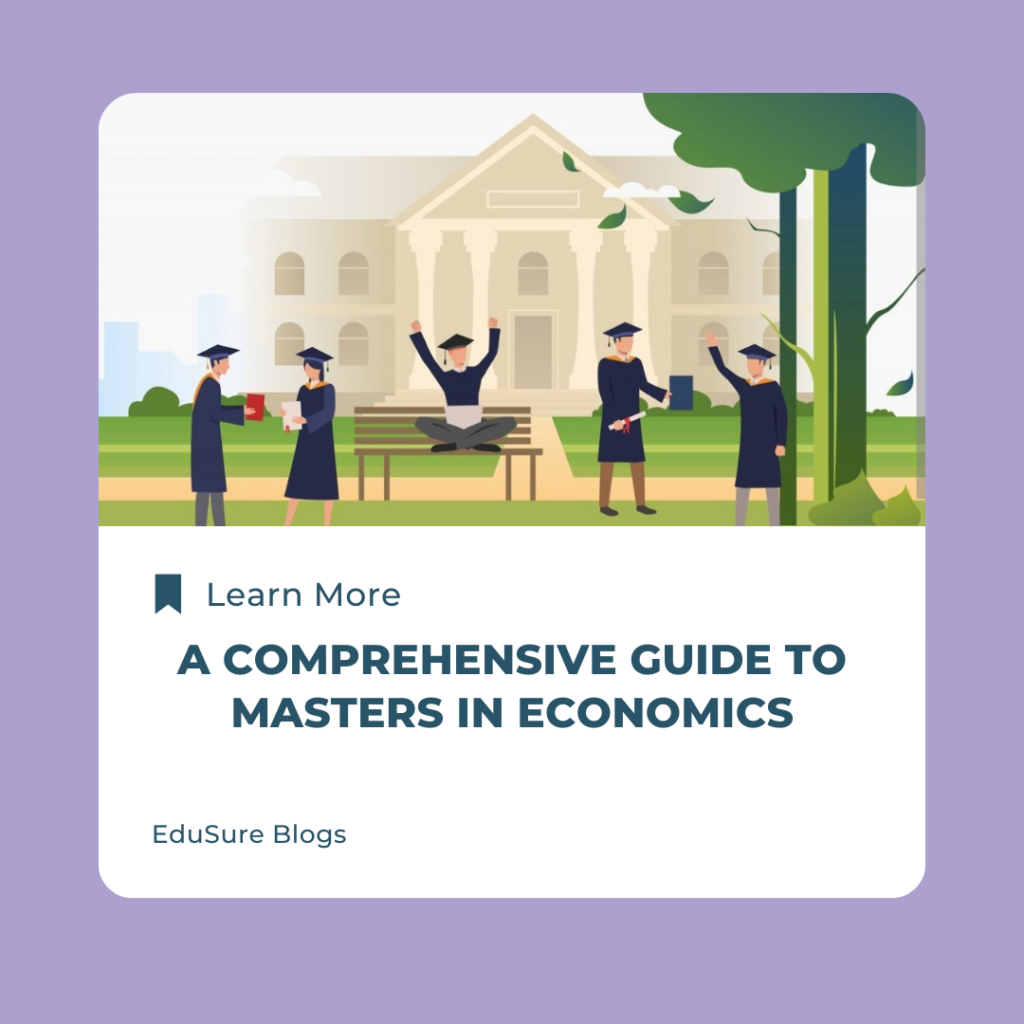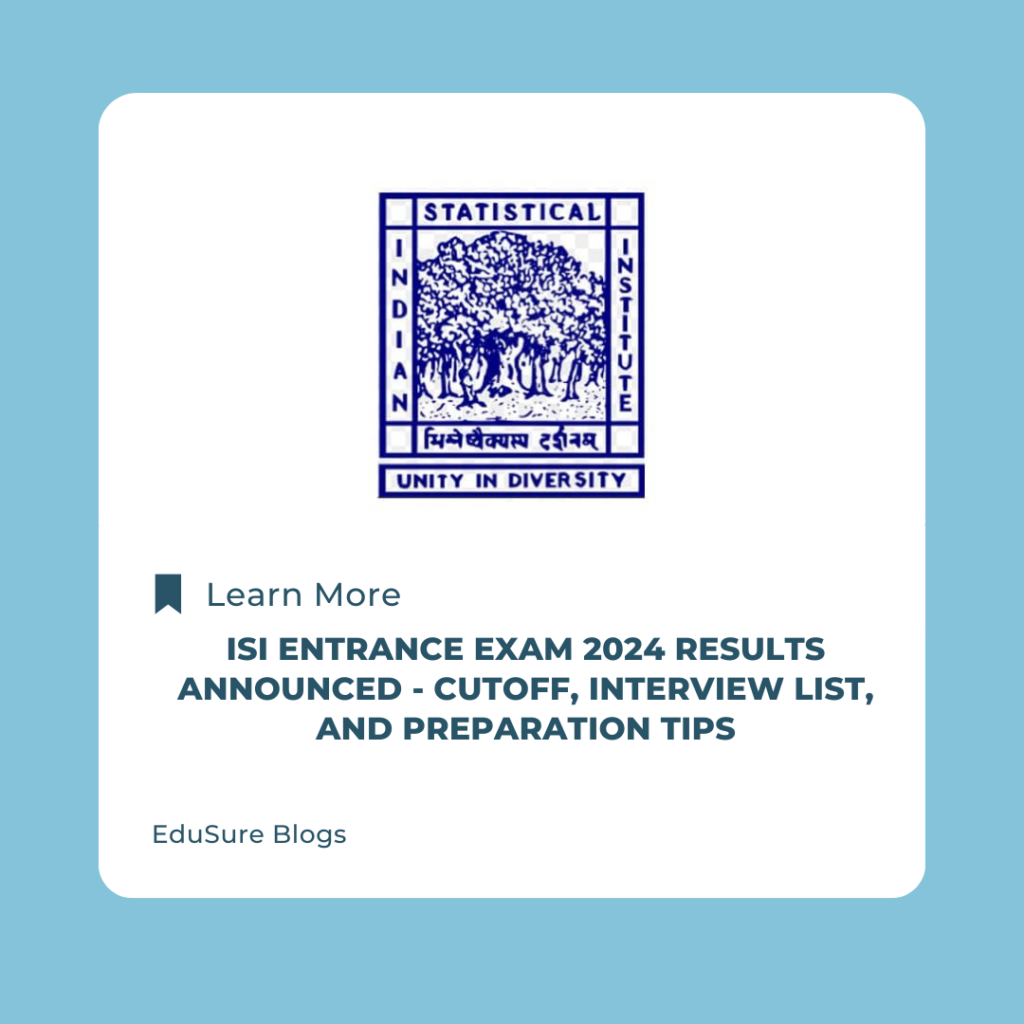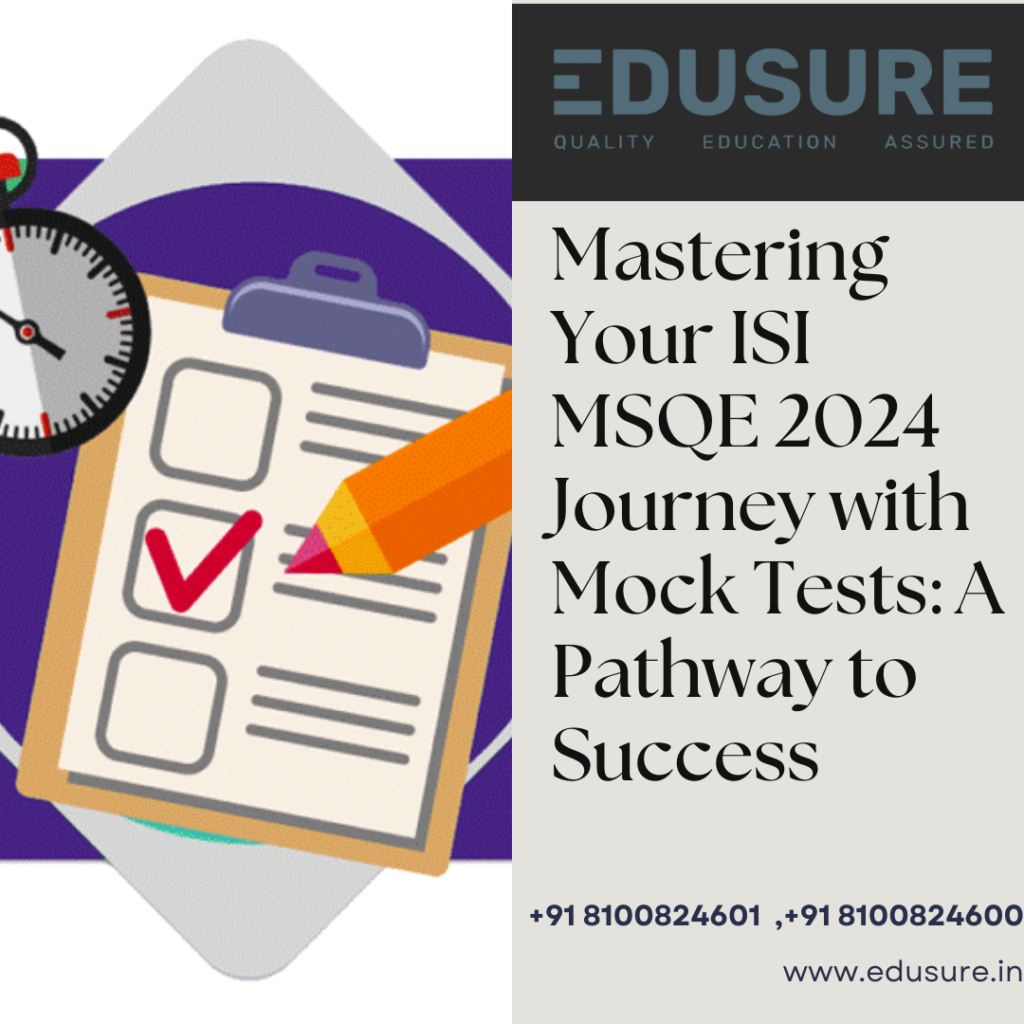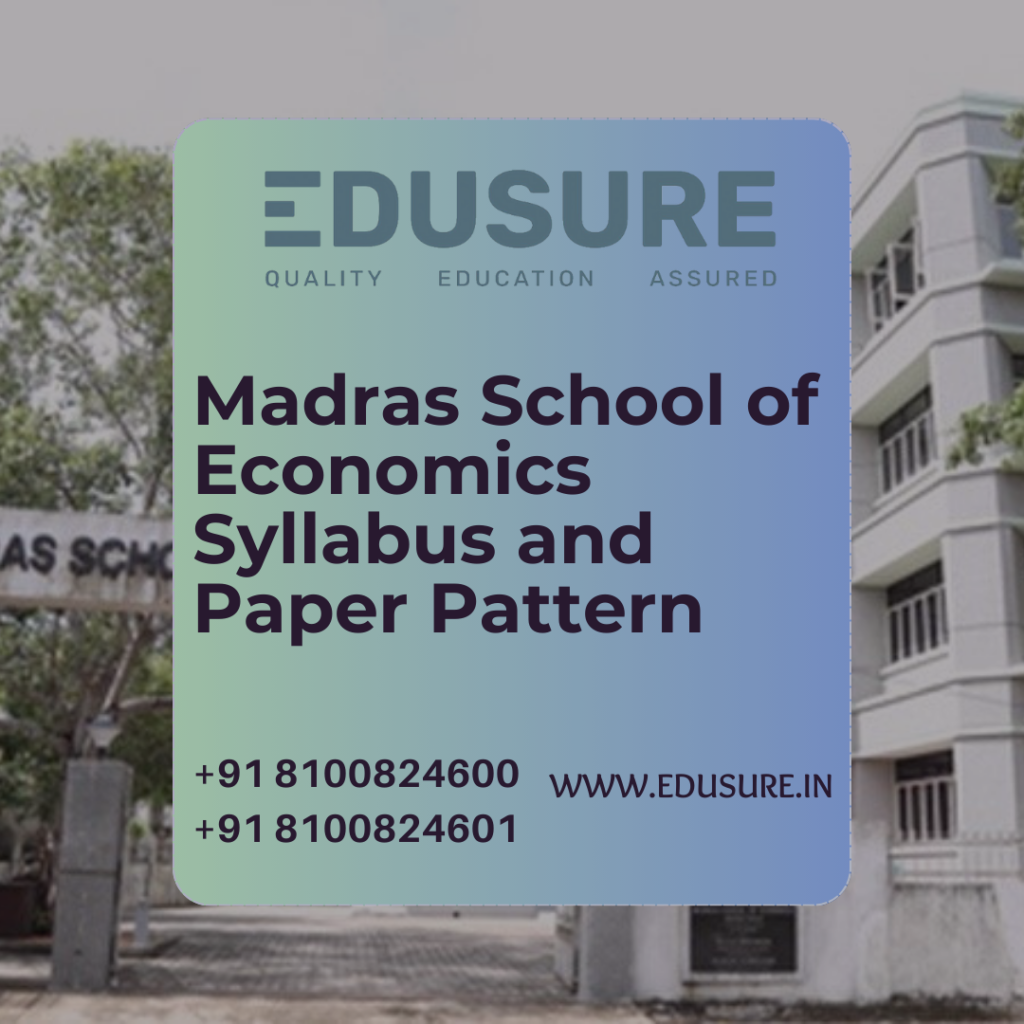A Comprehensive Guide to Masters in Economics

Edusure blogs. Recent video : Social links : Facebook Youtube Instagram Linkedin Recent posts : A Comprehensive Guide to Masters in Economics St. Xavier’s College Kolkata MSc Economics Admission 2024-2025 JNU CUET PG Results 2024: Check Your Selection Status and Cut Off List for Economics Our courses CUET PLUS SELF PACED COURSE ₹22,999.00 Buy Now […]
ISI Entrance Exam 2024 Results Announced – Cutoff, Interview List, and Preparation Tips

Edusure blogs. Recent video : Social links : Facebook Youtube Instagram Linkedin Recent posts : St. Xavier’s College Kolkata MSc Economics Admission 2024-2025 JNU CUET PG Results 2024: Check Your Selection Status and Cut Off List for Economics ISI Entrance Exam 2024 Results Announced – Cutoff, Interview List, and Preparation Tips Our courses CUET PLUS […]
Spot Round Admissions at BHU for MA in Economics: Your Complete Guide

Edusure blogs. Recent video : Social links : Facebook Youtube Instagram Linkedin Recent posts : St. Xavier’s College Kolkata MSc Economics Admission 2024-2025 JNU CUET PG Results 2024: Check Your Selection Status and Cut Off List for Economics ISI Entrance Exam 2024 Results Announced – Cutoff, Interview List, and Preparation Tips Our courses CUET PLUS […]
Mastering Your ISI MSQE 2024 Journey with Mock Tests: A Pathway to Success

Edusure blogs. Recent video : Social links : Facebook Youtube Instagram Linkedin Recent posts : St. Xavier’s College Kolkata MSc Economics Admission 2024-2025 JNU CUET PG Results 2024: Check Your Selection Status and Cut Off List for Economics ISI Entrance Exam 2024 Results Announced – Cutoff, Interview List, and Preparation Tips Our courses CUET PLUS […]
MA in Economics 2024 at St. Xaviers University, Kolkata

Edusure blogs. Recent video : Social links : Facebook Youtube Instagram Linkedin Recent posts : MA in Economics 2024 at St. Xaviers University, Kolkata Masters in Economics 2024 at University of Hyderabad Exploring Your Options: Different MA Economics Programs at Madras School of Economics Our courses EduSure Eco Topper Course 2025 – Advance booking ₹9,999.00 […]
MSE Syllabus and Paper Pattern

Edusure blogs. Recent posts : St. Xavier’s College Kolkata MSc Economics Admission 2024-2025 JNU CUET PG Results 2024: Check Your Selection Status and Cut Off List for Economics ISI Entrance Exam 2024 Results Announced – Cutoff, Interview List, and Preparation Tips Our courses CUET PLUS SELF PACED COURSE ₹22,999.00 Buy Now SPECIAL CUET COURSE ₹19,999.00 […]
Complete Guide: Apply for MSc Economics 2024 at IGIDR

Edusure blogs. Recent posts : Our courses CUET PLUS SELF PACED COURSE ₹22,999.00 Buy Now SPECIAL CUET COURSE ₹19,999.00 Buy Now EduSure Eco Topper Course 2025 – advance booking ₹44,999.00 Original price was: ₹44,999.00.₹9,999.00Current price is: ₹9,999.00. Buy Now ISI Success Bundle ₹25,000.00 Buy Now Exciting news for aspiring economists! Applications for the Master […]
Ultimate Guide to Prepare for ISI MSQE 2024 Entrance Exam

Introduction: ISI MSQE 2024 exam is scheduled for 14th May 2024. With just 2 months in hand it can nerve wrecking for most of us. Preparing for the ISI MSQE 2024 entrance exam requires a strategic approach and thorough understanding of the exam pattern, syllabus, and previous year papers. In this comprehensive guide, we’ll walk […]
Unveiling the ISI MSQE Admission Test 2024: Syllabus and Sample Papers

Greetings aspiring candidates and math enthusiasts! If you’re gearing up for the prestigious ISI MSQE Admission Test 2024, you’re in the right place. We’re here to break down the latest syllabus and guide you through the essential topics. Plus, we’ve got a bonus for you – access to the sample papers to help you ace […]
Data Science Jobs for Economists?

Data Science Jobs for Economists? Economics majors, listen up! The world of data science is calling, and your unique skill set is in demand. As more data-centric roles emerge, employers are realizing the value that economics graduates bring to the table. Here’s why your economics degree might just be the secret weapon you need for […]


